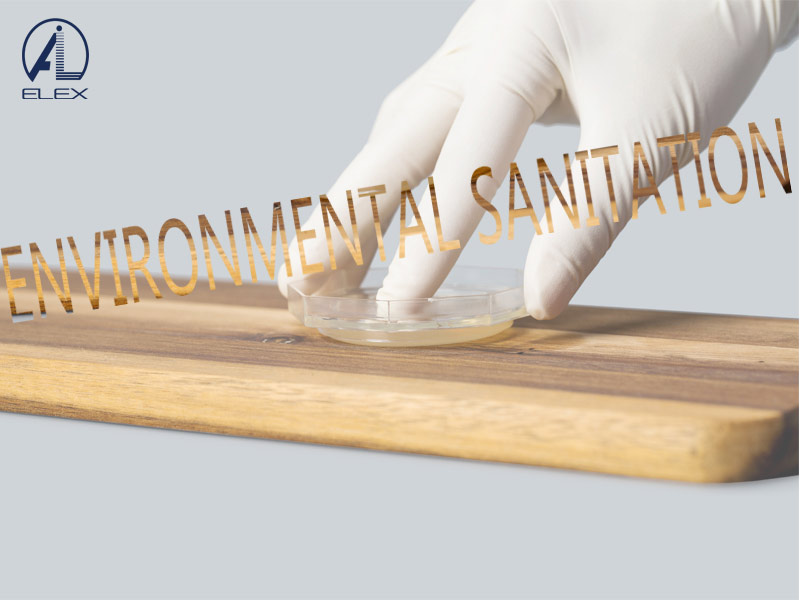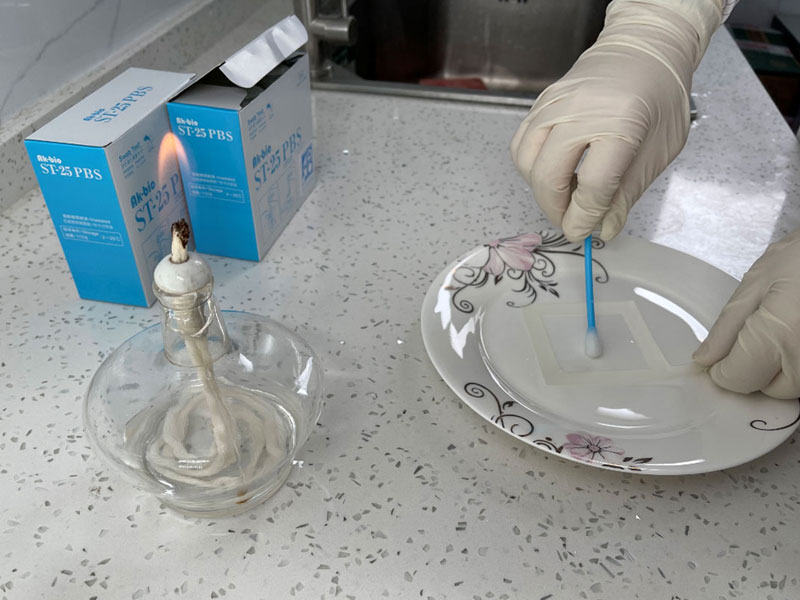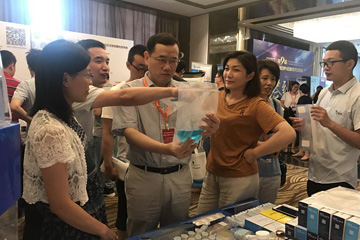What is sample collection? Sample collection is usually abbreviated as sampling, which is a way of sampling and a scientific research method. The so-called sampling refers to taking a part of representative samples from the whole batch of inspected food for analysis and testing. Sampling is the first task of food analysis.
The types of sample collection for rapid food safety testing are generally divided into two categories: objective samples and subjective samples.
1. Objective samples refer to the regular or irregular sampling and monitoring of food production and circulation in the process of regular and preventive food safety and health supervision and management, in order to grasp the quality of food safety and sanitation. They usually include the following aspects:
① In the process of food production and circulation, the samples for sampling inspection of raw materials, auxiliary materials, semi-finished products and finished products, including the self-inspection of the production enterprise and the monitoring of the supervision and management department;
② Samples of food additives under administrative license;
③ New food resource or samples of it, etc.
2. Subjective samples are collected in different places for some food unqualified, contaminated or poisoned, or suspicious food and raw material provided by consumers. They usually include the following situations:
① Possibly unqualified food and raw materials;
② Possible pollution sources, including containers, utensils, tableware, packaging materials, transportation tools, etc.;
③ Surplus of poisoned food, such as patient's vomit, excrement, blood;
④ Food or raw materials that have been contaminated or suspected of being contaminated;
⑤ Adulterated food;
⑥ Expired food and food that consumers disclose it does not meet hygiene requirements.
The importance of food sample collection is repeatedly emphasized by the food industry. In addition, sample management should not be relaxed after sample collection. It should be analyzed on the same day after collection to prevent the loss of moisture or volatile substances; if it cannot be analyzed immediately, it should be stored properly and the samples should not be damped, volatilized, air-dried, or deteriorated to ensure the accuracy of the measurement results.
Learn more about sampling products offered by Elexbio:
Click for more information.
 A Tentative Study on the relevance of HACCP certification and infection control in hospital
A Tentative Study on the relevance of HACCP certification and infection control in hospital
 Environmental Sanitation Microbiology Testing
Environmental Sanitation Microbiology Testing
 Microbiology Test in Food Industry
Microbiology Test in Food Industry
 The Applicability of High-quality Ready-to-use Swab Sampler for Tableware Sampling and Public Places Supplies and Utensils Microorganisms
The Applicability of High-quality Ready-to-use Swab Sampler for Tableware Sampling and Public Places Supplies and Utensils Microorganisms
 Spike Experiment of DNP Culture Media Plate Based on Ice Cream
Spike Experiment of DNP Culture Media Plate Based on Ice Cream


